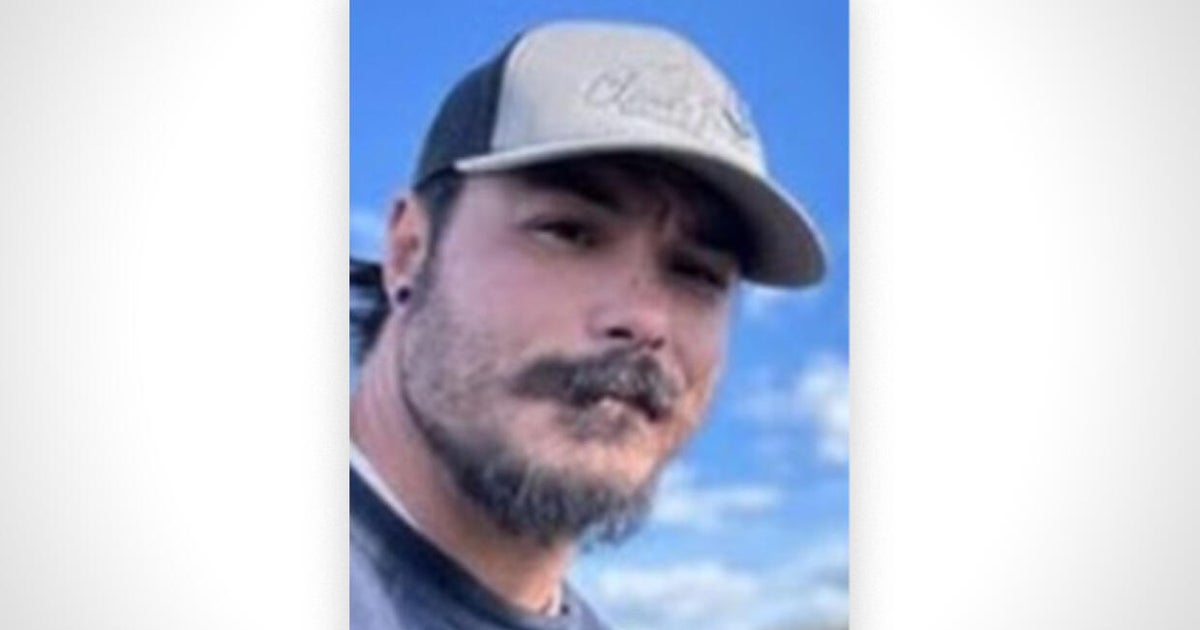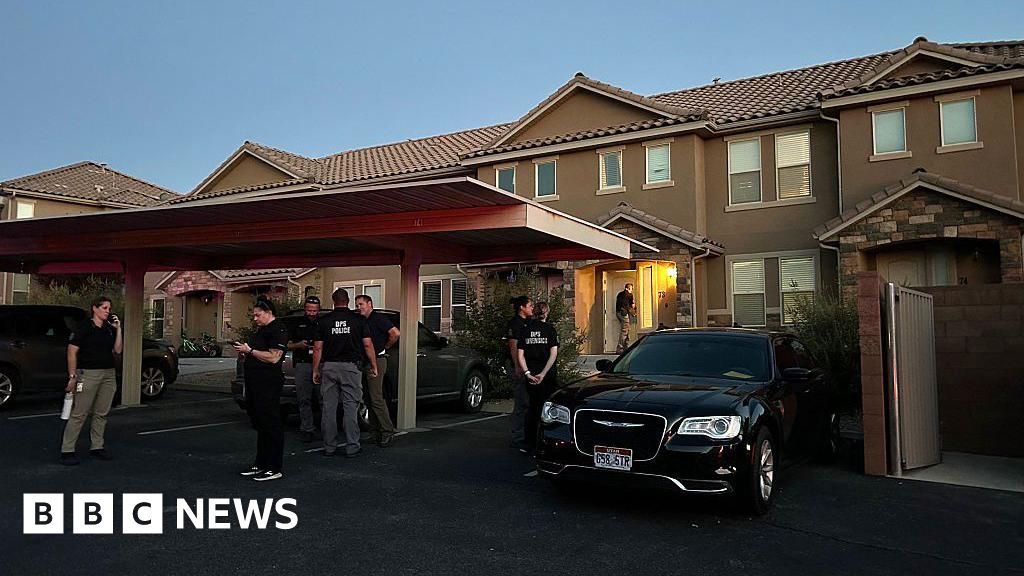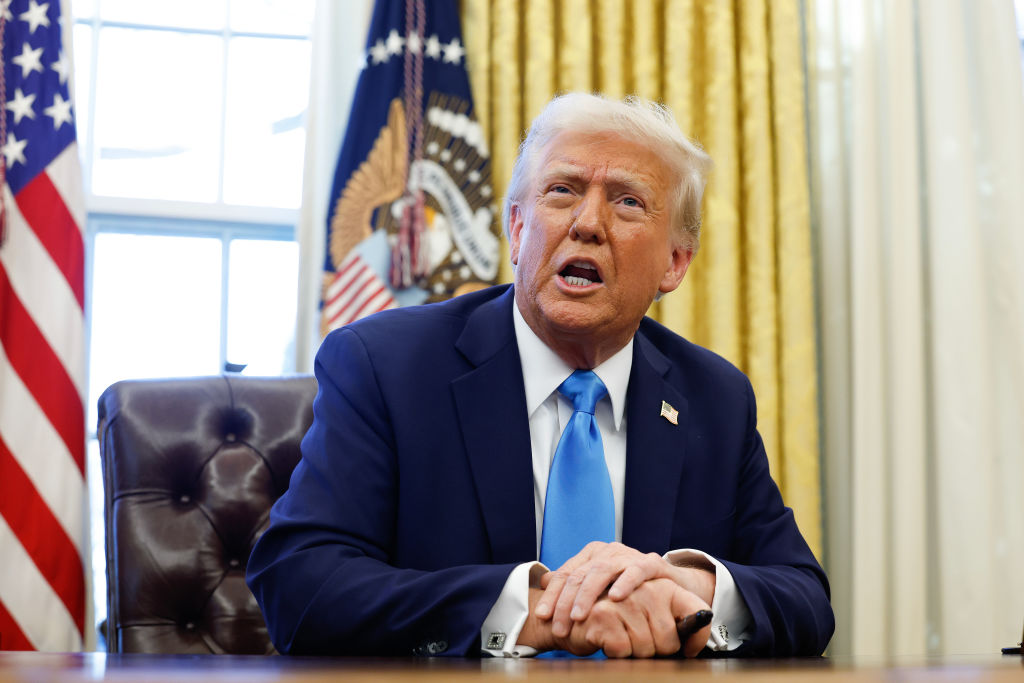Former Philippines President Charged with Murder by International Criminal Court
#philippines #rodrigo duterte #international criminal court #murder #human rights

Introduction
In a shocking turn of events, former Philippines president Rodrigo Duterte has been charged with murder by the International Criminal Court (ICC). This comes after years of accusations and allegations that Duterte carried out crimes against humanity in his brutal war on drugs. The charges were brought forth by ICC prosecutors, who allege that Duterte's actions while in office were in pursuit of a violent and deadly campaign against drug users and dealers.
Key Details
The ICC's investigation into Duterte's actions began in 2018, after a complaint was filed by a lawyer and two self-confessed hitmen who claimed to have been part of the president's death squad. The investigation revealed numerous extrajudicial killings and human rights violations allegedly carried out under Duterte's orders. This has sparked international outrage and calls for justice for the victims and their families. Duterte has consistently denied any wrongdoing and has even gone as far as to withdraw the Philippines from the ICC, claiming it has no jurisdiction over the country.
Impact
The charges against Duterte serve as a warning to other world leaders that they will be held accountable for their actions, even after their tenure in office. It also sheds light on the ongoing human rights issues in the Philippines and the need for justice and reform. The case has further strained the already tense relationship between the Philippines and the ICC, with Duterte accusing the court of being a tool for Western powers to
About the Organizations Mentioned
International Criminal Court
The **International Criminal Court (ICC)** is a permanent international tribunal established to prosecute individuals responsible for the most serious crimes under international law: **genocide, crimes against humanity, war crimes, and the crime of aggression**[2][4]. It operates independently of the United Nations but collaborates with it, particularly in investigations and security matters[2][6]. Founded by the **Rome Statute** in 1998 and operational since 2002, the ICC aims to end impunity for grave offenses that national courts are unable or unwilling to prosecute[1][2][7]. Located in **The Hague, Netherlands**, the ICC investigates, prosecutes, and tries individuals—never states—who commit heinous crimes, thereby promoting justice for victims and deterring future violations[1][6]. Its jurisdiction applies only to crimes committed after July 1, 2002, and generally within the territories of states that have ratified the Rome Statute or where the UN Security Council refers situations[2][7]. The ICC’s structure consists of four main organs: the **Presidency**, overseeing administration and external relations; the **Judicial Divisions**, made up of 18 judges handling pre-trial, trial, and appeals; the **Office of the Prosecutor**, responsible for investigations and prosecutions; and the **Registry**, managing judicial and administrative support[3][5][7]. The **Assembly of States Parties** governs the Court’s management, elects judges and prosecutors, and approves the budget[3][5]. Since 2018, the ICC has had jurisdiction over the crime of aggression, holding leaders accountable for illegal wars, a significant expansion of its mandate achieved through amendments to the Rome Statute[4]. The ICC currently conducts investigations and trials across multiple continents, addressing ongoing conflicts and atrocities[4][6]. Notably, the ICC also works through the **Trust Fund for Victims**, which provides reparations and assistance to victims and their families, emphasizing


















